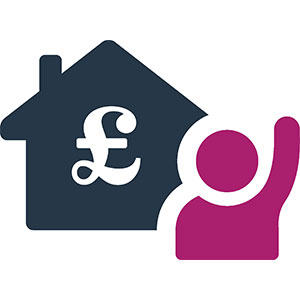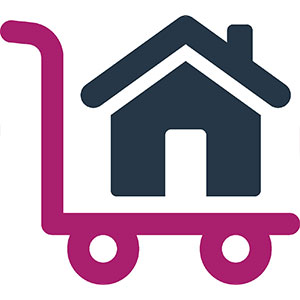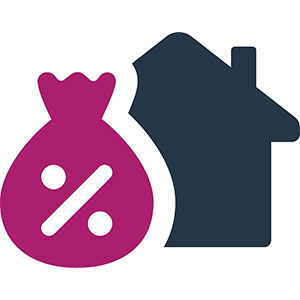How long does conveyancing take when selling a property in the UK?
In the UK, the conveyancing process when selling a property typically takes around 8 to 12 weeks on average. However, this timeframe can vary depending on several factors, including the complexity of the transaction, the efficiency of communication between parties, and any unexpected issues that may arise during the process.
Here's a breakdown of the key stages in the conveyancing process when selling a property in the UK and an estimate of the time each stage might take:
1. Instruction of a Conveyancer:
(1-2 weeks)
Once you decide to sell your property, you'll need to instruct a conveyancer or solicitor to handle the legal aspects of the sale. This usually happens soon after you've accepted an offer from a buyer.
2. Drafting and Sending Contracts:
(1-2 weeks)
Your conveyancer will draft the contract of sale and send it to the buyer's solicitor. This stage may involve gathering information about the property and preparing necessary documentation.
3. Property Information Forms:
(1-2 weeks)
You'll need to complete various property information forms detailing information about the property, such as fixtures and fittings, boundaries, and any ongoing disputes. This information is then sent to the buyer's solicitor.
4. Property Searches:
(2-3 weeks)
The buyer's solicitor will conduct searches, including local authority searches, to uncover any issues that may affect the sale. The time taken for searches can vary depending on the local authority and other factors.
5. Negotiations and Agreement:
(1-2 weeks)
Once all necessary information is gathered, the buyer's solicitor may raise inquiries or request additional information. Negotiations may take place regarding the terms of the sale, which can sometimes extend this stage.
6. Exchange of Contracts:
(1-2 weeks)
Once both parties are satisfied with the terms, contracts are exchanged, and a completion date is set. This stage involves signing and exchanging contracts, as well as paying a deposit.
7. Completion:
(1-2 weeks)
On the agreed-upon completion date, the remaining balance of the purchase price is paid, and legal ownership of the property is transferred to the buyer. This typically happens a few weeks after the exchange of contracts, allowing time for any final arrangements to be made.
It's important to note that this timeline is a general estimate, and the actual duration can vary depending on individual circumstances. Delays can occur due to factors such as the need for additional information, unforeseen legal issues, or delays in communication between parties. Working closely with your conveyancer and staying proactive throughout the process can help minimize delays and ensure a smoother transaction.
Get a Free Conveyancing Quote












